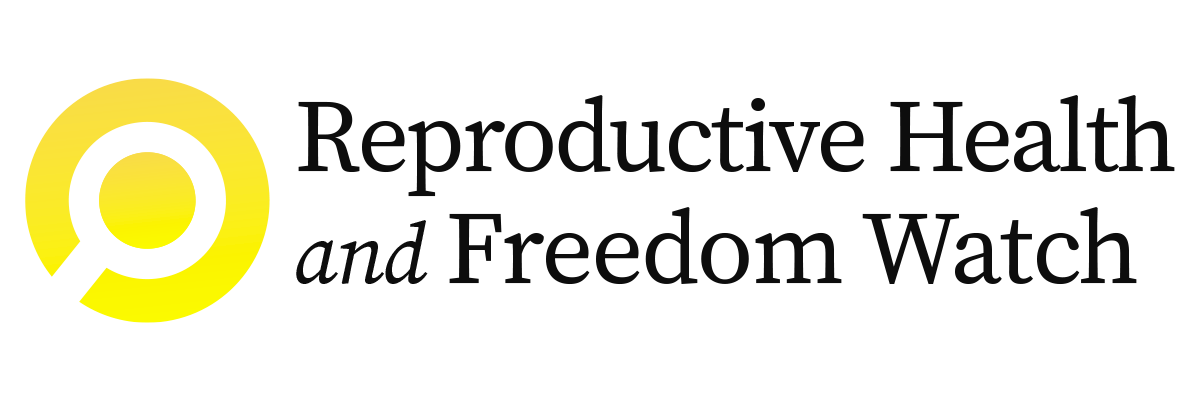
WASHINGTON, DC — Last Friday, six representatives in the Hawaii state legislature introduced House Concurrent Resolution 144, which seeks to investigate whether Unregulated Pregnancy Clinics (UPCs) in the state comply with patient privacy regulations. UPCs—the first of which opened in Hawaii in 1967—are not subject to the same regulations as medical providers, potentially placing clients’ health and privacy at risk.
Reproductive Health and Freedom Watch, an organization that exposes and counters efforts to obstruct access to reproductive and maternal health care, applauds State Representatives Kapela, Amato, au Bellati, Perruso, Souza, and Takayama for taking the important step of introducing legislation that will ensure women and girls in need of reproductive care will have their personal health information kept private by UPCs.
“Unregulated Pregnancy Clinics (UPCs) position themselves as medical providers yet do not appear to be bound by HIPAA’s privacy protocols. We applaud the Hawaii State Representatives Kapela, Amato, au Bellati, Perruso, Souza, and Takayama for introducing legislation that would close this regulatory gap that puts women’s health and private data at risk,” said Reproductive Health and Freedom Watch Executive Director Debra Rosen. “Since the Supreme Court’s ruling in Dobbs to overturn Roe v. Wade, UPCs have become a billion-dollar industry, fueled in part by over $300 million in taxpayer dollars appropriated by anti-choice legislatures nationwide. We encourage all states to take a closer look at where our taxpayer money is going and ensure that it is not supporting deceptive practices that harm women.”
BACKGROUND
UPCs across the country brand themselves as medical providers and claim client data kept “confidential”; many even suggest client data is protected by the Health Insurance Portability and Accountability Act (HIPAA). But Reproductive Health and Freedom Watch’s research has made one thing clear: UPCs are not held to the same standards as traditional medical providers in the health care marketplace. The Electronic Frontier Foundation recently called on attorneys general in Florida, Texas, Arkansas, and Missouri to investigate privacy violations at UPCs and encouraged the states to hold this industry accountable. And last year, Campaign for Accountability called for similar investigations into UPCs in Idaho, Louisiana, Minnesota, New Jersey, Pennsylvania, and Washington.
As noted in HCR 144, an article published by the Journal of the American Medical Association (JAMA) is also calling attention to the false characterizations UPCs advertise, finding that there is a “need for greater scrutiny of [UPC] practices, particularly their service provision, provider qualifications, and how these conform with regulations or best practices.” Health Affairs, the leading peer-reviewed journal of health policy thought and research, has gone so far as to call UPCs “nonmedical centers,” finding that the centers will invoke HIPAA to collect personal information from clients. As access to safe and secure reproductive health care services continues to decline nationwide, leaving UPCs as the only options for many women, health providers and privacy experts are in agreement that UPCs must be held to a higher standard.
